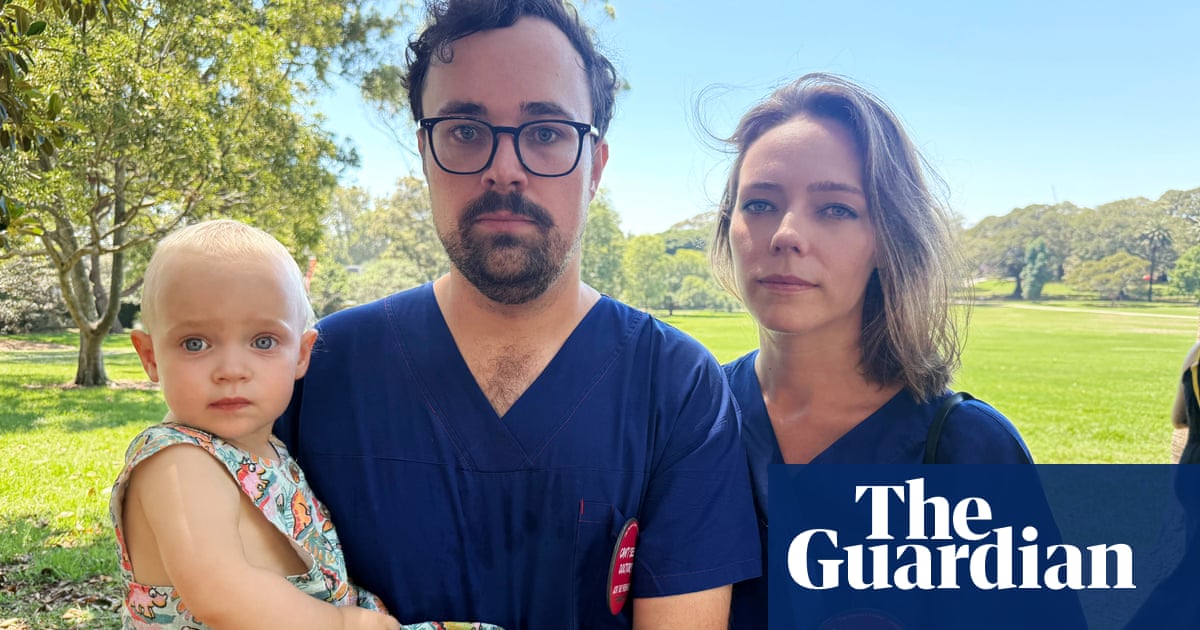An extreme dieter has revealed her experience after living on nothing but fruit for 30 days, with some unusual side effects as a result.
Shade Martin, 36, from upstate New York, turned to the radical diet after suffering with debilitating shoulder pain after physical therapy and drugs failed to give her relief.
She had read that alkaline fruits – such as pineapple, berries, bananas and mangos – have anti-inflammatory properties, so it’s believed a higher intake can help relieve aching pains in the body.
Ms Martin took her restrictive diet a step further, by only eating watermelon for the first week.
This was followed by grapes for six days, before a more colorful mix from the fruit bowl was introduced for the rest of her challenge.
Despite such a limited diet, Ms Martin said she had more energy than usual because of the slow release of natural sugars and she was also able to think clearer.
Research shows that fruit can improve brain function and one study by Harvard Medical School found that women who consumed two or more servings of strawberries and blueberries each week delayed memory decline by up to two-and-a-half years.
Other perks Ms Martin experienced were almost non-existent period cramps and she shed 10lbs in weight.

Shade Martin, 36, from upstate New York, decided to turn to a fruit-only diet after suffering with a frozen shoulder
While Ms Martin said she gained more benefits than negatives from her diet, she admits that it is not for everyone.
She was already a vegan and had done serval juice cleanses in the past, so it was a less of a radical change than it would be for some people.
Dr Tracey Brigman, who is a registered dietician and professor at the University of Georgia, told DailyMail.com that she doesn’t advise such an extreme approach.
The diet expert says: ‘While fruit is an excellent source of some nutrients, it does not contain all the nutrients needed for health.
‘This can result in a variety of health implications. Eating only fruit can lead to deficiencies in protein, healthy fats and some vitamins and minerals found in other food groups.
‘Additionally, most fruits are low calorie, which can lead to lack of calorie intake and fatigue as it may be difficult to eat enough fruit to reach required calorie intake.
‘For this reason, this diet can lead to malnutrition.’
Ms Martin does admit that her fruit-only diet had some no-so great effects.
When she was eating nothing but grapes, Ms Martin said that she coughed up vast amounts of phlegm.
‘It just continued to come out… It just blew my mind,’ she recalled.
Nutritionist Dr Brigman told this website that overall, ‘consuming fruits are generally associated with a reduction in mucus production’.
However, she adds: ‘It is thought that some fruits that cause your body to release histamine may increase mucus production.
‘This occurs mainly in individuals with a histamine sensitivity or intolerance.
‘Some examples of these fruits include citrus fruits, grapes, bananas and strawberries.’
As fruits are high in fiber, Ms Martin said she pooped ‘a whole lot’ more than usual but this was something she was expecting.
Experts at the Cleveland Clinic say that this increase in bowel movements is a positive change, as it can clear out your digestive system and ‘sweep waste out’.
This elimination of waste and toxins can help contribute to overall well-being.
On some of the surprising benefits of her diet, Ms Martin said she experienced less period cramping than usual.
In a Q&A with wellness influencer Gillian Berry, she revealed: ‘[When it came to] my menstrual cycle, wow!

On some of the surprising positive benefits of her diet, Ms Martin said she experienced less period cramping than usual
‘I had little to no pain. On a scale from one to ten, it was a one to nothing.’
Along with less pain, the dieter said her cycle was ‘extremely light’ but it lasted longer than normal.
Dr Vinni Makin from the Cleveland Clinic says that periods can even come to a complete halt when someone is on a restrictive diet.
Explaining why this happens, she says: ‘When you go through these kinds of physical changes, the body interprets it as stress.
‘Your body is conserving all its energy. It stops your menstrual cycle and reduces your hormone production because it only wants to use resources for things that are very, very, very important, like breathing and digesting.’
Dr Makin warns that losing periods can be an indicator that someone is nutritionally deficient and they ‘don’t have enough fat to support that hormone production’.
For things to return to normal, she suggests increasing caloric intake.
Another positive for Ms Martin as she went on with her fruit-only diet, was that her skin improved.

Ms Martin took her restrictive diet a step further , by only eating watermelon for the first week. This was followed by grapes for six days
Initially, she said her skin was ‘extra glowy’ and then the detox allowed all of the toxins from her skin to emerge.
While this caused some pimples to emerge on her forehead, she says the end result is that her skin looks and feels better.
After only consuming watermelon and grapes for almost two weeks, Ms Martin started eating all kinds of different fruits.
In terms of her daily diet, she would start the day with a large glass of lemon or lime water.
Then, after around 20 minutes, she would make a 32 ounce smoothie with some of her favorite ingredients including bananas, dates, blueberries and cherries.
Moving through the day, instead of three set meals, she would snack on individual pieces of fruit.
She said the most difficult part was watching her husband and daughter eat ‘normal’ foods around her, so she said she had to distract herself when this happened to prevent any cravings.
Overall, she lost 10lbs by the time the 30 days were up but she highlights that losing weight was not her objective and never counted calories.
The Dietary Guidelines for Americans recommend that adults eat 1.5 to 2 cup-equivalents of fruits and two to three cup-equivalents of vegetables every day.
However, according to recent data from the CDC, only about 10 percent of adults in the US are meeting those recommendations.
Ms Martin claims that the biggest problem around low fruit consumption is the misconception that it contains too much sugar.
She concludes: ‘We need fruits, fruit should not be limited in our diet. There’s just such a misconception that this is what causes all these health issues and diabetes but yet, we don’t want to bring up the unhealthy fats.
‘You know, the refined sugars and all the other things… You start to remove some of those other things from your diet and you’ll see that [fruit is] not the issue but we need it for brain power, we need it for our body energy and strength.’
Article by:Source –














